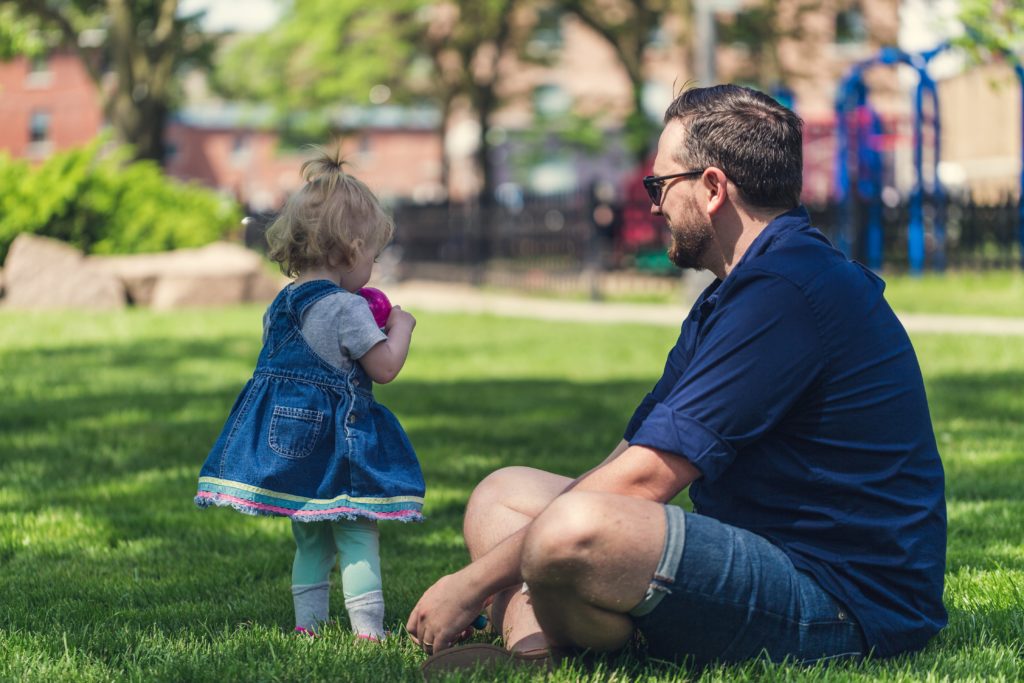Childhood is a time of wonder, exploration, and growth. It is during these formative years that children lay the foundation for their future development and learning. While education and structured activities play essential roles, the role of fun in children’s growth cannot be underestimated.
Fun is not merely a frivolous pastime; it is a catalyst for children’s holistic development. Engaging in enjoyable activities sparks curiosity, ignites creativity, and fosters a love for learning. When children find joy in their experiences, they are more motivated to explore the world around them, ask questions, and seek answers. Playful interactions allow them to experiment, make mistakes, and learn from their successes and failures. Thus, the seeds of lifelong learning are sown through the medium of fun.
Certain material things act as conduits for fun-filled learning experiences. Educational toys, such as building blocks and puzzles, engage children’s cognitive skills while providing hours of entertainment. These objects encourage critical thinking, problem-solving, and spatial reasoning, all while children are immersed in play. Such toys seamlessly blend fun with skill development, making learning an enjoyable adventure.
Furthermore, art supplies like crayons, paints, and craft kits empower children to express their creativity and imagination. Engaging in artistic endeavors not only cultivates fine motor skills but also enhances emotional expression and visual thinking. The act of creating art becomes a fun and growth-oriented journey where children learn to communicate, experiment, and appreciate the beauty of self-expression.
Physical development is a vital aspect of childhood growth, and fun plays a significant role in promoting active lifestyles. Bicycles, roller skates, and sports equipment encourage children to be physically active while having fun. Engaging in sports and outdoor activities not only strengthens muscles and coordination but also teaches teamwork, communication, and sportsmanship. Fun physical activities lay the foundation for a healthy lifestyle, establishing habits that contribute to overall well-being throughout life.
Play is a child’s natural mode of exploration, and it is through play that they learn about themselves and the world. Educational games and interactive software leverage technology to create engaging learning experiences. From math puzzles to language-learning apps, these tools stimulate cognitive growth while keeping children entertained. By merging fun with educational content, material resources transform learning into an exciting adventure.
Fun experiences also play a pivotal role in children’s social and emotional growth. Playdates, board games, and cooperative activities help children develop interpersonal skills such as sharing, communication, and empathy. Role-playing and imaginative play enable children to understand different perspectives and practice social interactions. These material tools encourage healthy social development while providing a platform for enjoyment.
Curiosity is the driving force behind learning, and fun experiences fuel this curiosity. Material resources like books, science kits, and educational apps expose children to diverse topics and encourage them to explore their interests. Reading fun, engaging stories opens doors to new worlds, while science kits facilitate hands-on experiments that spark fascination for the natural world. These materials create a bridge between fun and knowledge, showing children that learning can be both enjoyable and enlightening.
Through play, exploration, and joyful experiences, children build cognitive, emotional, social, and physical skills that shape their future. As we recognize the profound impact of fun in nurturing children’s growth, we must continue to create environments that prioritize both structured learning and unstructured play. By embracing the power of fun, we lay the groundwork for a generation that values learning, embraces challenges, and approaches life with enthusiasm and curiosity.



